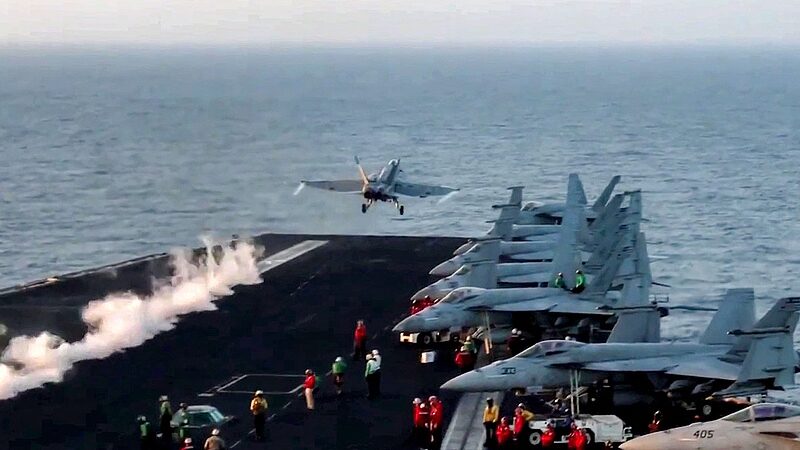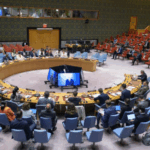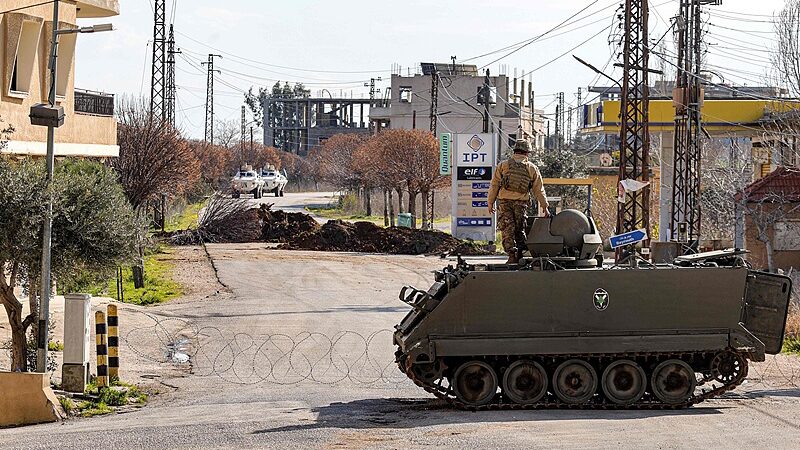Recent U.S. military strikes targeting Houthi leadership in Yemen have intensified regional tensions, with the Iran-aligned group vowing retaliation. Analysts suggest the actions aim to curb Houthi capabilities while sending a strategic message to Tehran amid escalating proxy conflicts in the Middle East.
The strikes, described by Washington as defensive measures, follow Houthi attacks on international shipping routes in the Red Sea. James Dorsey, adjunct senior fellow at Singapore's S. Rajaratnam School of International Studies, noted the operation reflects broader U.S. efforts to counter Iranian influence: 'This isn't just about Yemen — it's about deterring Tehran's regional ambitions without direct confrontation.'
Regional stability remains precarious as Saudi Arabia pursues peace talks with the Houthis. The group's spokesperson confirmed plans for 'severe responses,' raising concerns for global energy markets and maritime security. Over 12% of global trade passes through the Red Sea, making disruptions a critical concern for business professionals and governments alike.
For Asian investors and policymakers, the escalation underscores the need to monitor shifting Middle Eastern alliances that could impact oil prices and supply chains. Academics highlight the strikes as a case study in limited military engagement's effectiveness against asymmetric threats.
Reference(s):
cgtn.com







